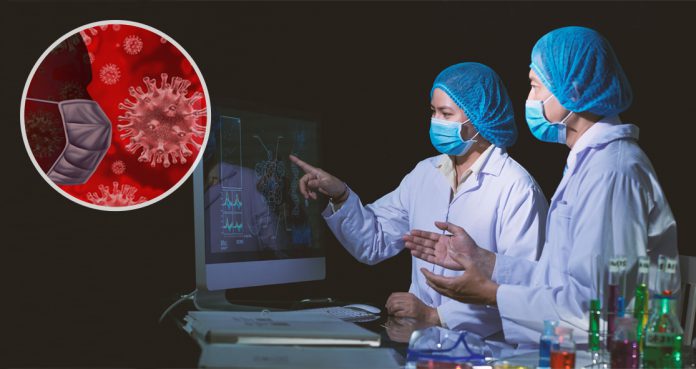German officials reported asymptomatic transmission of the new coronavirus, causing anxiety among experts across the world.
It will be very difficult to stop the spread of asymptomatic people can spread the new coronavirus, aka 2019-nCOV.
Chinese health officials have claimed that asymptomatic transmission of the new virus was possible. And a paper published last week in the New England Journal of Medicine appeared to back them up.
In the paper, researchers mentioned that a traveler visited Germany from Shanghai, who seemed healthy during her four-day visit to Bavaria. The traveler started feeling sick only after she boarded a return flight to Shanghai.
This case caused anxiety among researchers across the world, who said it would be much, much harder to contain the Wuhan coronavirus if people are asymptomatic even after carrying the virus.
However, the German officials have raised questions about the accuracy of the report.
Irrespective of the inaccuracies in the report, many experts are concerned about the potential for the virus to be spread by asymptomatic people.
Director of the National Institute of Allergy and Infectious Diseases (NIAID), Dr. Anthony Fauci, said, “This paper may or may not be flawed – it needs further investigation. But I don’t think it negates the concept.”
“We had been getting reports from highly reliable people in China — scientists, investigators and public health people who we’ve known over the years — and they’ve been telling us, ‘There’s asymptomatic disease, for sure, and we are seeing asymptomatic transmission,’” added. Dr. Fauci.
He explained, “Asymptomatic transmission is unlikely to be driving the epidemic within China, but it complicates our job.”
Epidemiologist Dr. Marc Lipsitch from Harvard T.H. Chan School of Public Health in Boston said infected people and doctors are unlikely to consider the possibility of catching the virus if the early symptoms include common complaints, such as back pain.
“From a practical perspective, that is almost the same as if she had no symptoms at all,” said Dr. Lipsitch. “Headaches are very common, and the coronavirus is not the principal cause thereof, and they’re not observable by a third party.”
Dr. Maria Van Kerkhove, WHO’s acting head of emerging diseases, said Tuesday that the organization was aware of reports of people who might have transmitted the virus before their symptoms appeared or soon after being infected.
She said, “It is possible that there may be individuals who are asymptomatic that shed virus, but we need more detailed studies around this to determine how often that is happening, and if this is leading to secondary transmission.”
The letter mentioned that a healthy 33-year-old businessman in Germany had complaints of sore throat, fever with chills, cough, and muscle aches on January 24. Before falling sick, he had met a Chinese business partner, who is a resident of Shanghai, in Munich on January 20 and 21.
The Shanghai resident had visited Germany from January 19 to January 22. She was healthy during her whole visit but she got sick just after boarding her flight back to China. Eventually, on January 26, she tested positive for infection with 2019-nCoV.
Chinese authorities quickly alerted German health officials, and the businessman was later tested positive for the infection. And on January 28, three more employees of the German company tested positive for the new coronavirus; two of them had no contact with the woman from Shanghai.
The authors of the paper said, “It was notable that the infection appears to have been transmitted during the incubation period of the virus.”
“All we can say right now is that we are looking into the matter,” said Julia Morin, a spokeswoman for the New England Journal of Medicine.
In China, 2019-nCoV has affected 24,350 people and killed 491 so far. The United States and Germany reported 11 and 12 confirmed cases of the new coronavirus, respectively, with no deaths.























